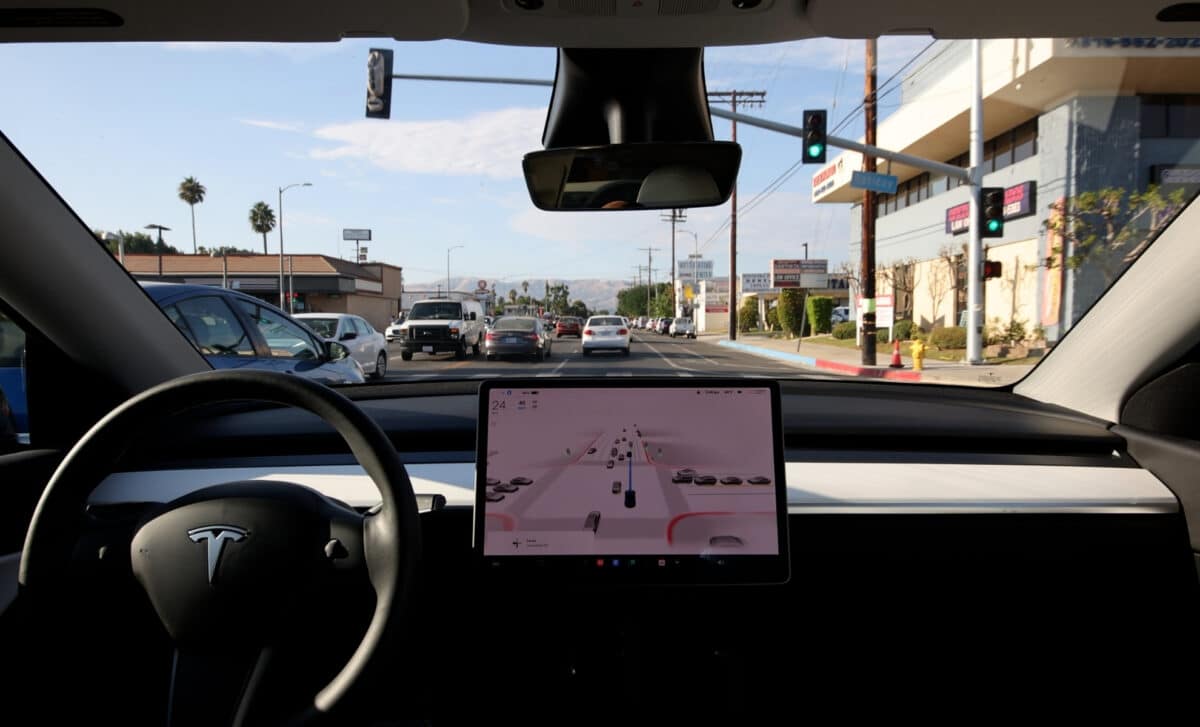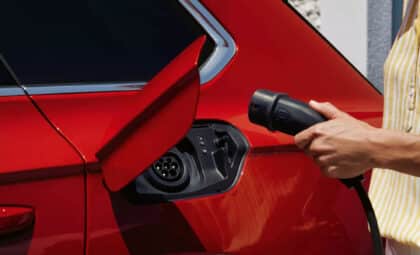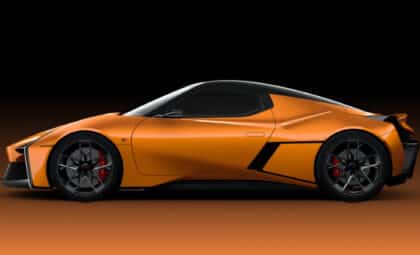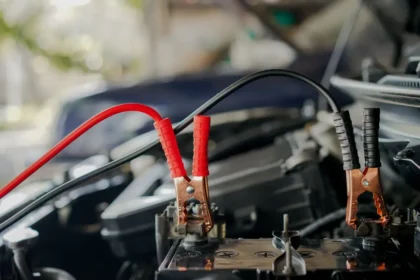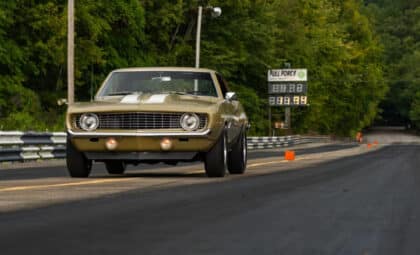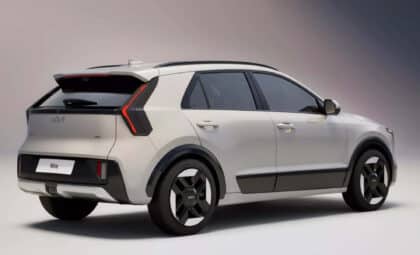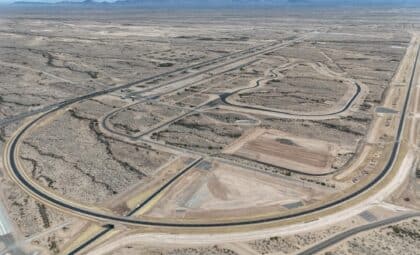The lawsuit, brought by seven Tesla customers in Beijing, underscores growing dissatisfaction with the automaker’s global rollout of its advanced driver-assistance technology. The buyers are seeking full refunds along with additional damages, alleging misleading claims made by the company and its CEO, Elon Musk.
Filed in a district court in the Chinese capital, the case centers around Tesla’s marketing and sales strategy for the FSD feature. The plaintiffs allege that sales personnel and Musk himself gave strong assurances that FSD would soon be operational in China. The software, which was sold as an add-on, was positioned as a future-ready system that would be deployed via updates.
Buyers Claim They Were Misled about Fsd Rollout
One of the plaintiffs stated that he purchased the FSD feature back in 2020 for 56,000 RMB, roughly $7,800, motivated by the promise of long-distance travel capabilities. According to Benzinga, he was told by a Tesla sales representative—and backed by statements from Elon Musk—that the feature would be implemented “soon” in China and that its price would likely increase later. Trusting those assurances, he made the investment.
Now, he and six others are asking for a refund along with damages exceeding three times the original payment. The Beijing district court has reportedly accepted the case and it is now awaiting trial, as reported by ChinaEVHome. The customers also claim that Tesla informed them more recently that FSD will only be available on vehicles equipped with the newer HW 4.0 chip, while theirs use the older HW 3.0 hardware, which does not support the system.
FSD’s Limitations Spark Wider Scrutiny
The legal challenge in China adds to Tesla’s growing list of FSD-related lawsuits globally. In the United States, California-based customers recently initiated a class-action suit, alleging that Tesla made misleading statements regarding FSD’s capabilities. In a separate development, Tesla is also facing pressure from investors concerned about the safety and performance of the system following a series of incidents involving the company’s robotaxis in Austin during a launch event.
Criticism has also emerged from industry figures. Ross Gerber, co-founder of Gerber Kawasaki, has expressed doubts about the effectiveness of Tesla’s approach, noting that relying solely on cameras and software—without LiDAR—could hinder the company’s goal of achieving Level 4 or Level 5 autonomy. These levels represent full self-driving capabilities, with Level 5 requiring no human intervention under any circumstances.
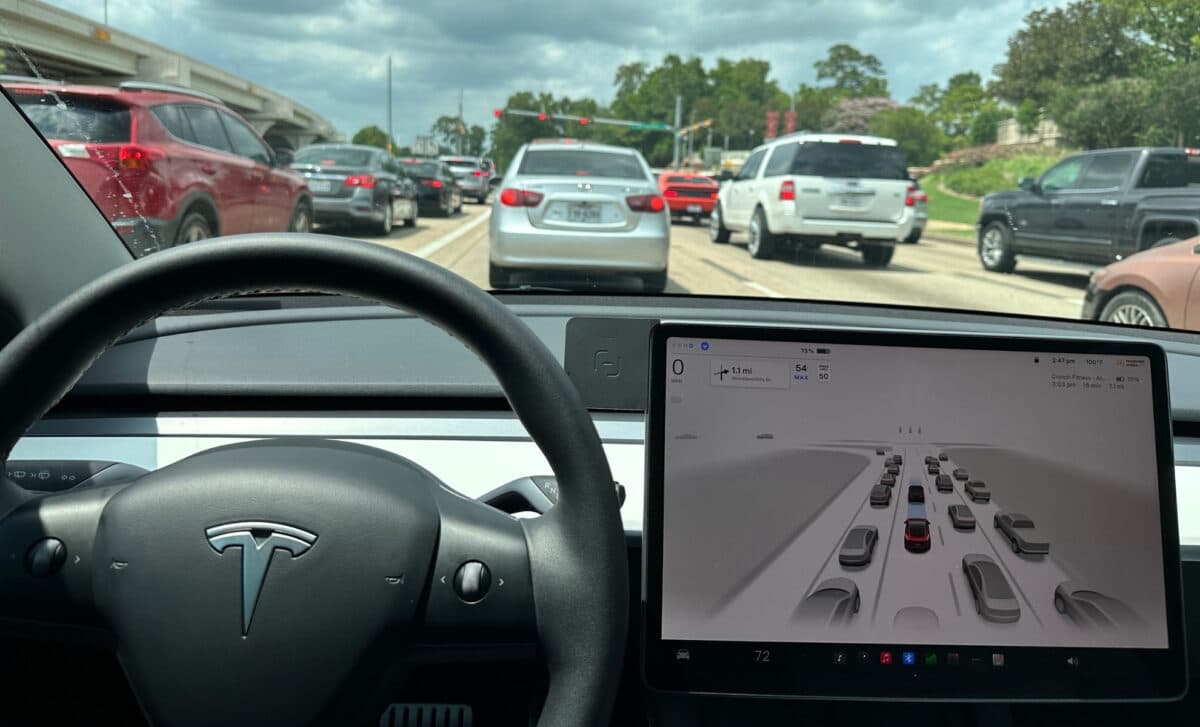
Technical Concerns Raise Safety Questions
The FSD system has come under fire not only for its availability but also for its technical performance. Owners have reported situations where the vehicle failed to recognize or stop at railroad crossings, forcing them to take manual control. This pattern of behavior has prompted concern from U.S. authorities. The National Highway Traffic Safety Administration (NHTSA) has confirmed it is in communication with Tesla over the matter.
Critics, including Uber CEO Dara Khosrowshahi, have voiced skepticism about Tesla’s camera-only approach. He questioned why the company continues to avoid integrating LiDAR, a sensor technology widely used in the autonomous driving industry for its precision and reliability.
While Tesla continues to receive favorable evaluations for momentum and growth, its perceived product value remains low. For the plaintiffs in China, the issue is more immediate and personal: a costly feature they were told to expect still isn’t available, and they are determined to hold the company accountable.

